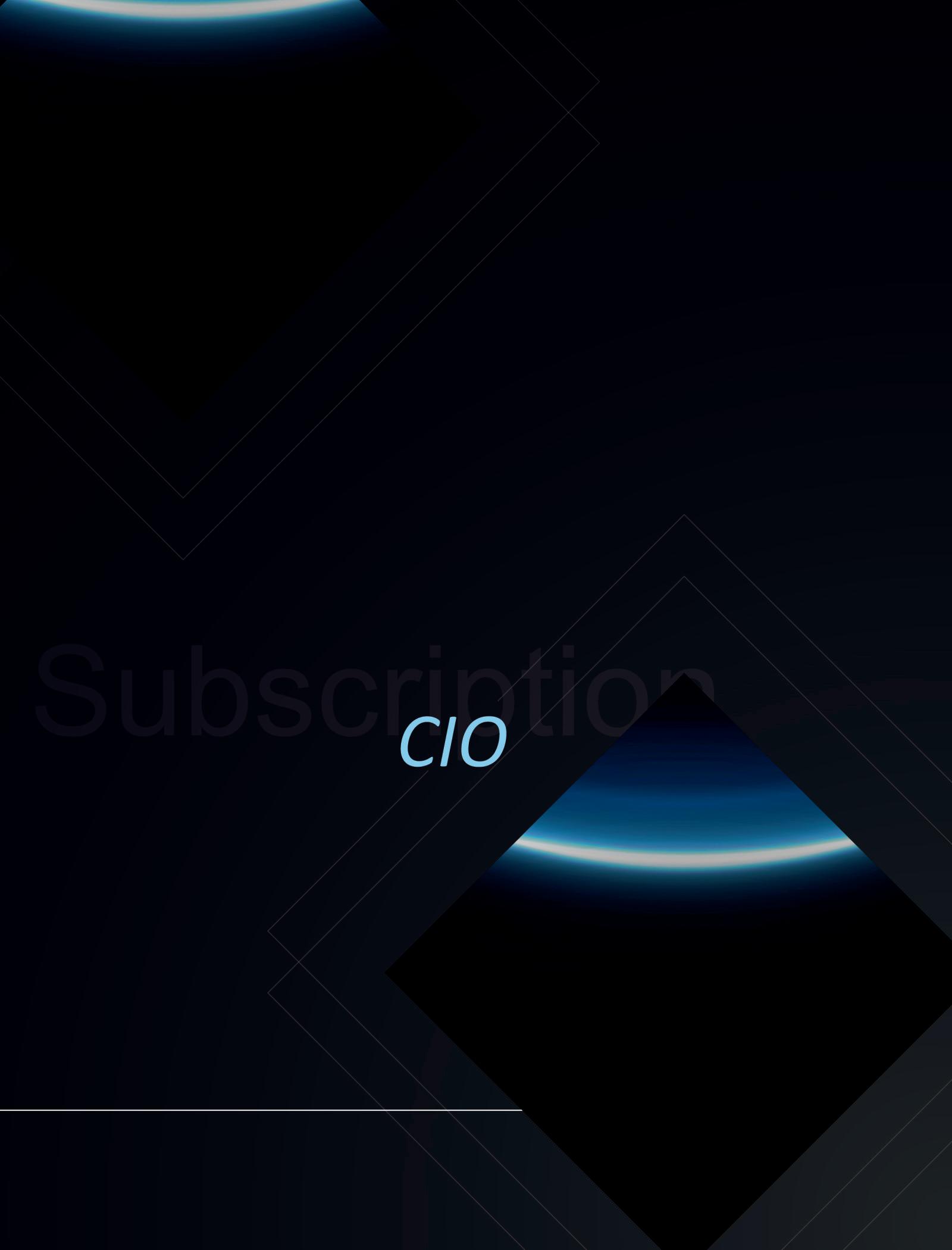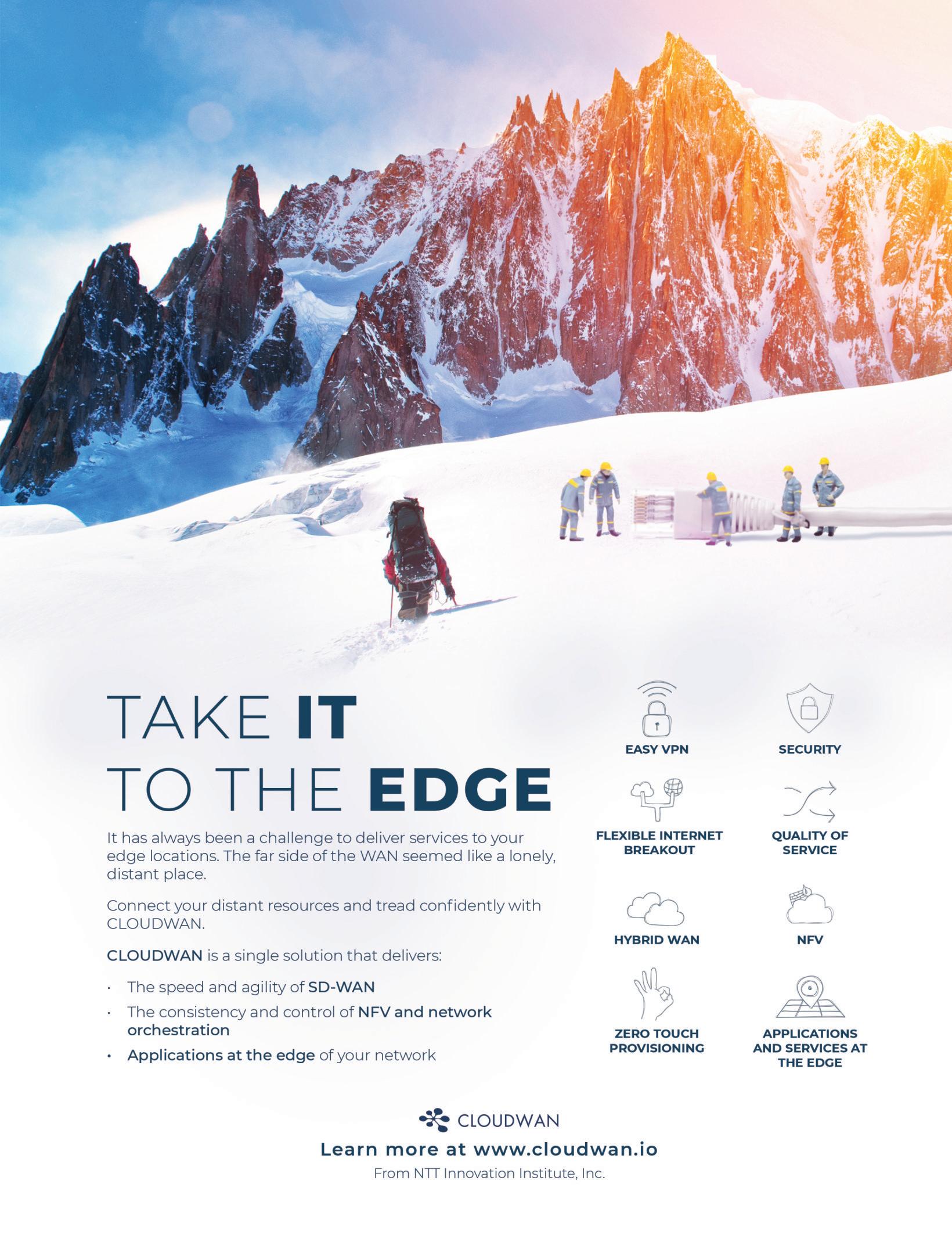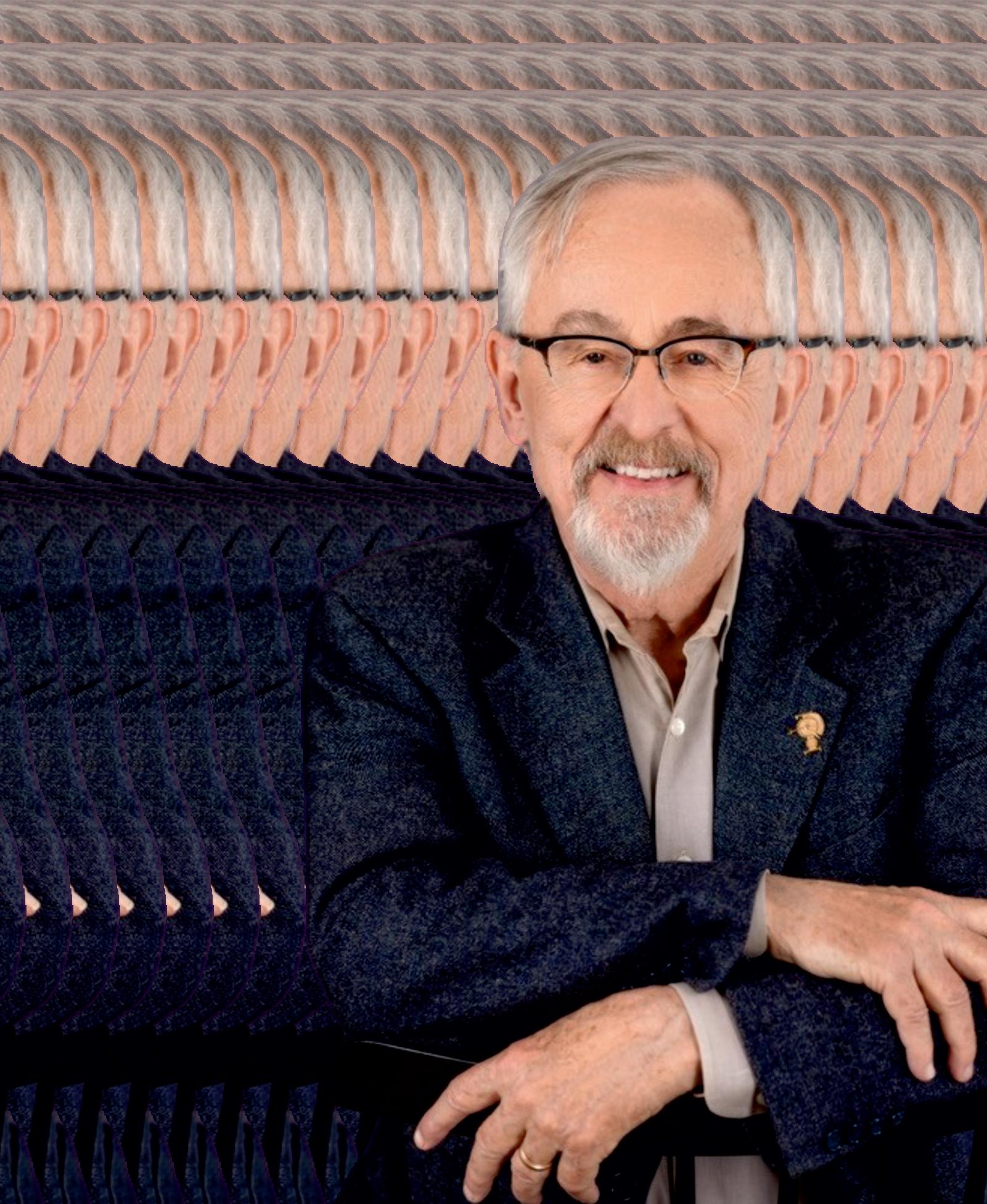
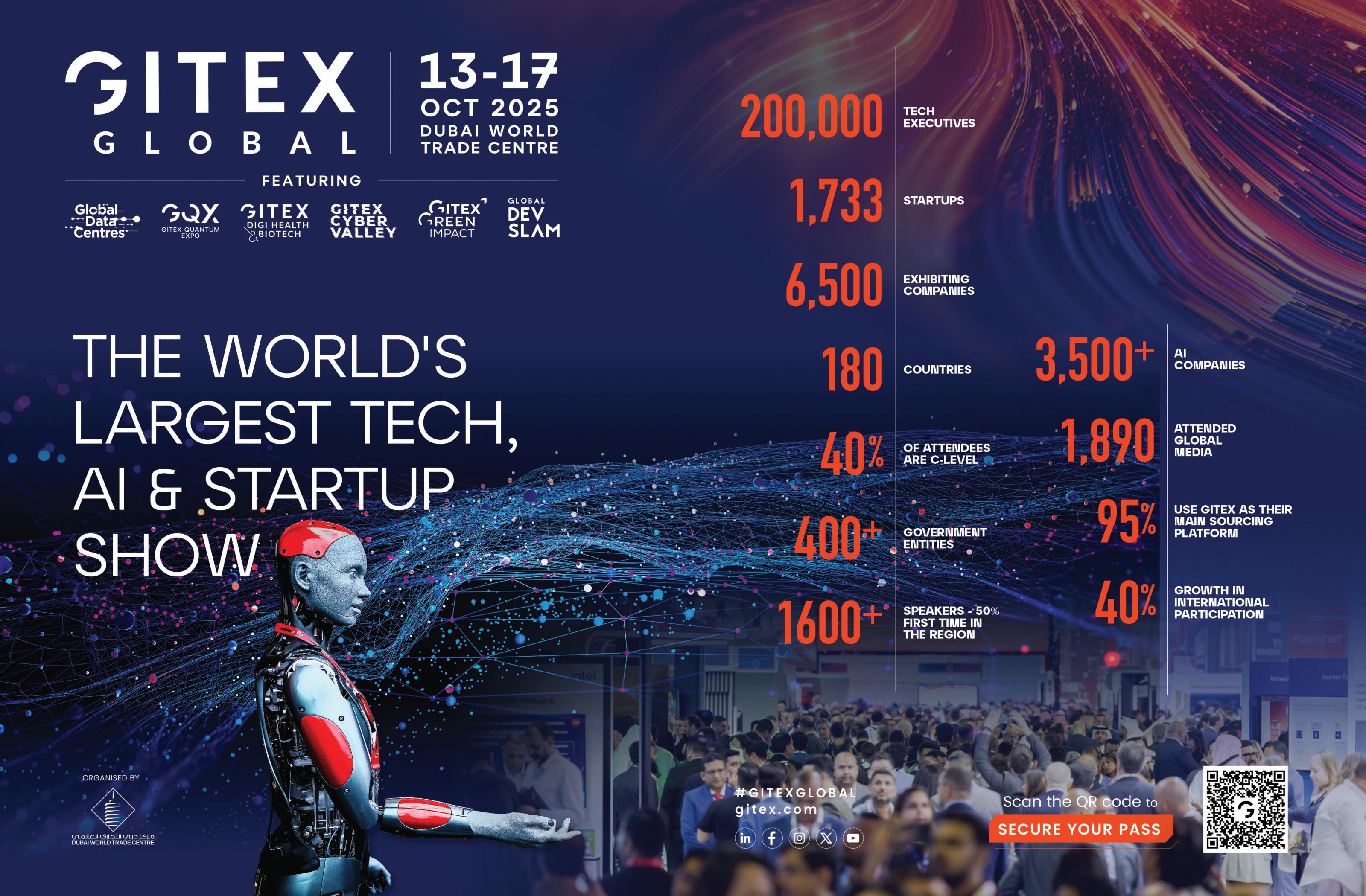





Someindividualsspendalifetimebuildingsystems.Ararefewspendtheirbuilding
futures.ProfessorRichardLarsonbelongstothelatter Thisspecial feature—World’s Most Visionary Retired Engineer Building Tomorrow—isnotjust atribute,butatestamenttoamanwhoselegacycontinuestoshapehowtheworldthinks, plans,andinnovateslongafterhisformalretirement.Whiletitlesmaychange,trueimpact doesn’tpause.AndinProf.Larson’scase,“retired”ismerelyachronologicalstatus—not areflectionofpurpose.
WithacareerspanningoverfivedecadesatMIT,Prof.Larsonhaspersistentlystoodatthe intersectionoftheoryandapplication.Hispioneeringworkinoperationsresearch, queuingtheory,andurbansystemsisn’tconfinedtoacademicjournals—itbreathesinthe realworld.Fromredesigningemergencyresponsesystemstotransformingurban infrastructure,hiscontributionshavetouchedmillions,oftenwithouttheirknowing.
WhatsetsProf.Larsonapartisnotjusthismasteryofcomplexsystems,buthisrelentless pursuittomakethemhuman-centric.Hedoesn’tjustsolveproblems—heanticipates them.Hisabilitytoturndataintodecisions,andresearchintoreform,iswhyheremains anactiveforceinglobalconversationsonpublicsystems,education,andtechnologydrivenequity
Inthisissue,wedelveintothemindsetofavisionarywhoneverstoppedlearning—and moreimportantly,neverstoppedteaching.Throughhisstory,weexplorehowretirement canbealaunchpadforreinvention,reflection,andcontinuedrelevance.Prof.Larson exemplifiesarareblendofscientificprecisionandsocialconscience—acombinationthat makeshisjourneynotonlyadmirablebutprofoundlyinstructive.
Astheworldgrappleswithcomplexchallenges—fromurbanizationandpublichealthto digitalequity—hisworkremainsablueprintforengineeringbettersocieties.Andwhilehe mayhumblydeflectthespotlight,it’sclear:thesystemshe’shelpedbuild,andtheminds he’sshaped,arealreadybuildingtomorrow
Thiseditionisacelebrationoflegacyinmotion.




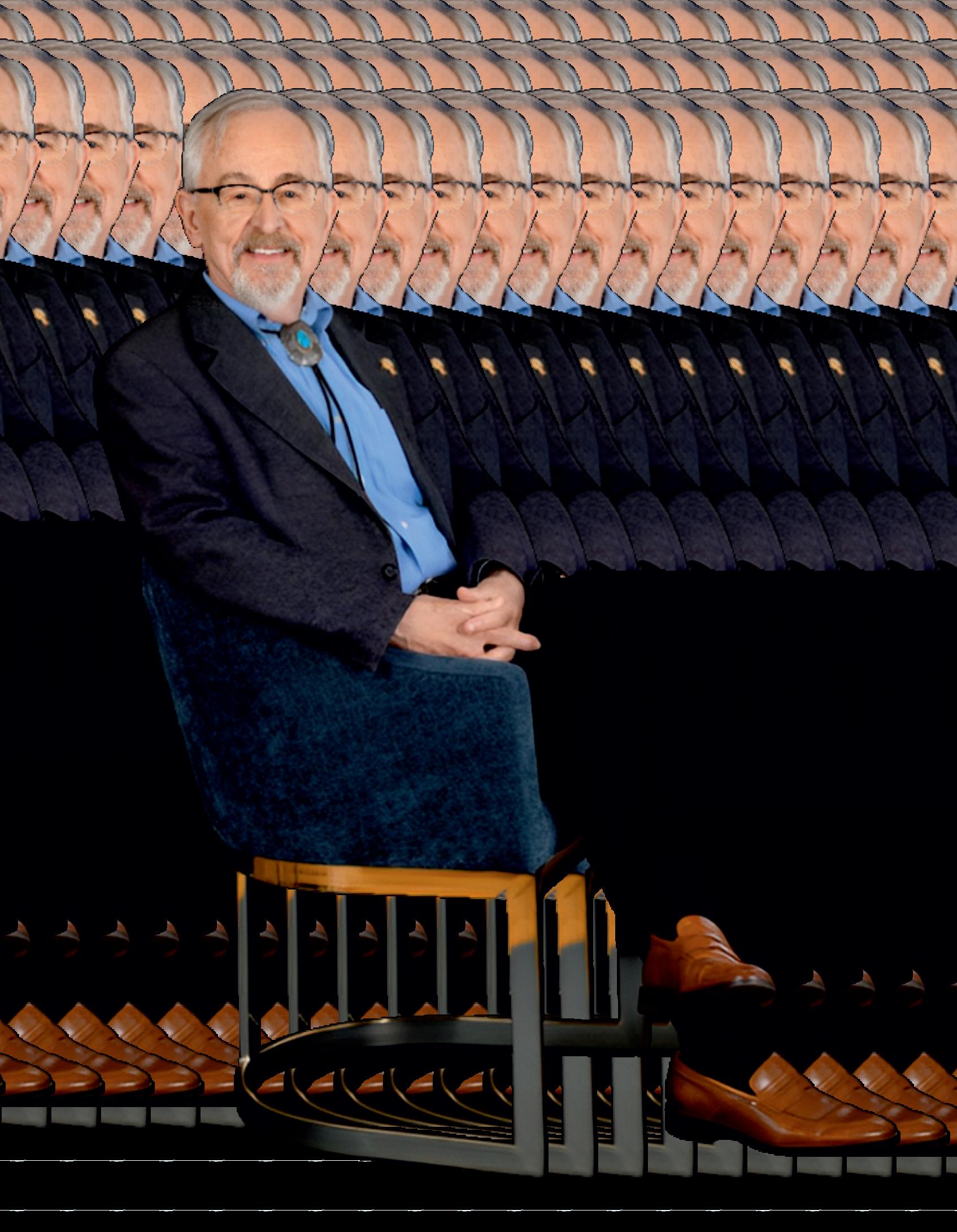



Prof. Richard Larson: Bridging Theory and Practice to Transform Public Systems with Analytical Insight
08

Making Every Step Count
Leveraging GPOs and Education Cooperative Contracts for Cost Savings, Efciency, and Economies of Scale
16
Curriculum for the AI Era Why AI Education is Important in Shaping Tomorrow’s Innovators
Editor-in-Chief
Deputy Editor
Managing Editor
Assistant Editor
Visualizer
Art & Design Head
Art & Design Assitant
Business Development Manager
Business Development Executives
Technical Head
Assitant Technical Head
Digital Marketing Manager
Research Analyst
Circulation Manager
David
Mia
Eric
Richard




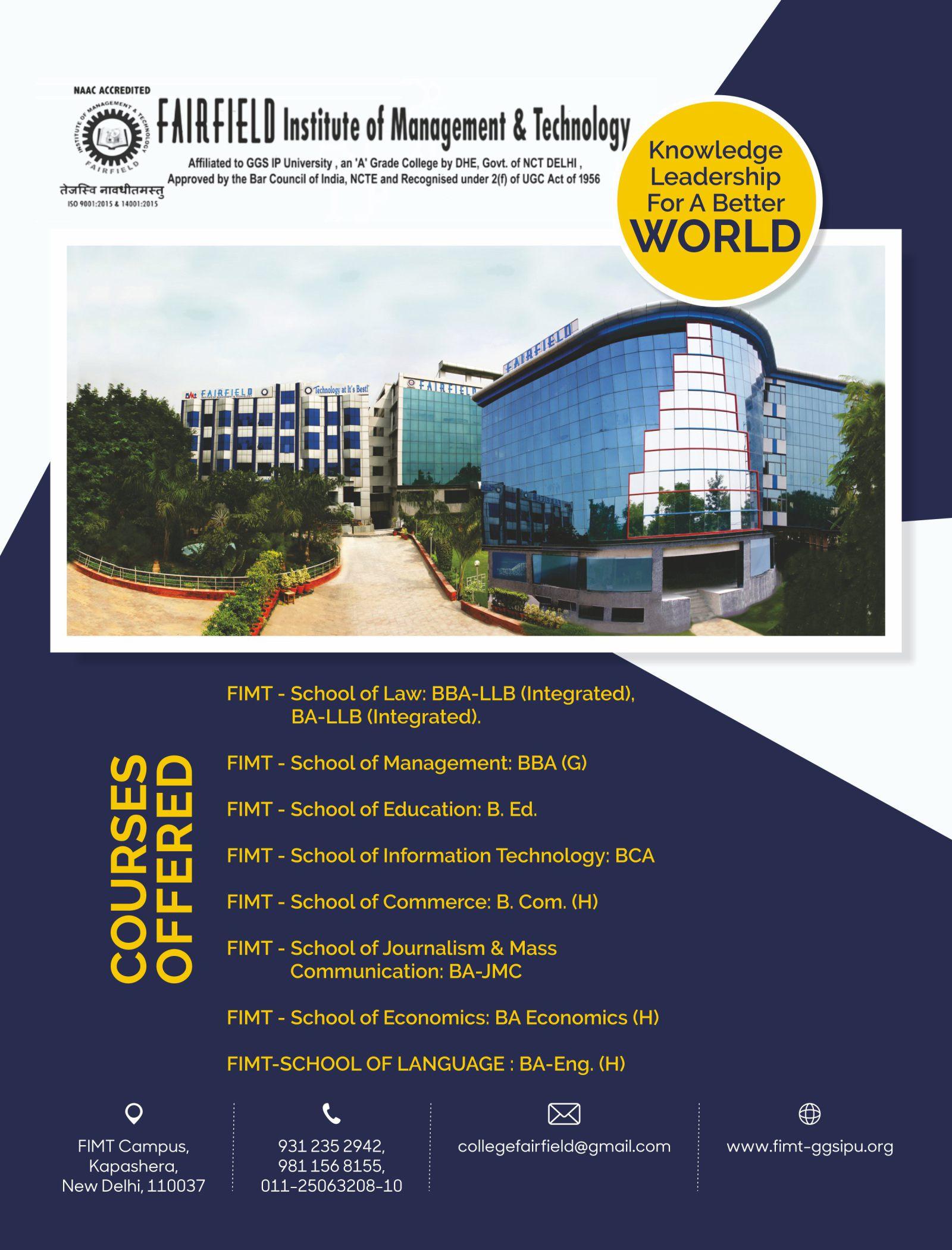

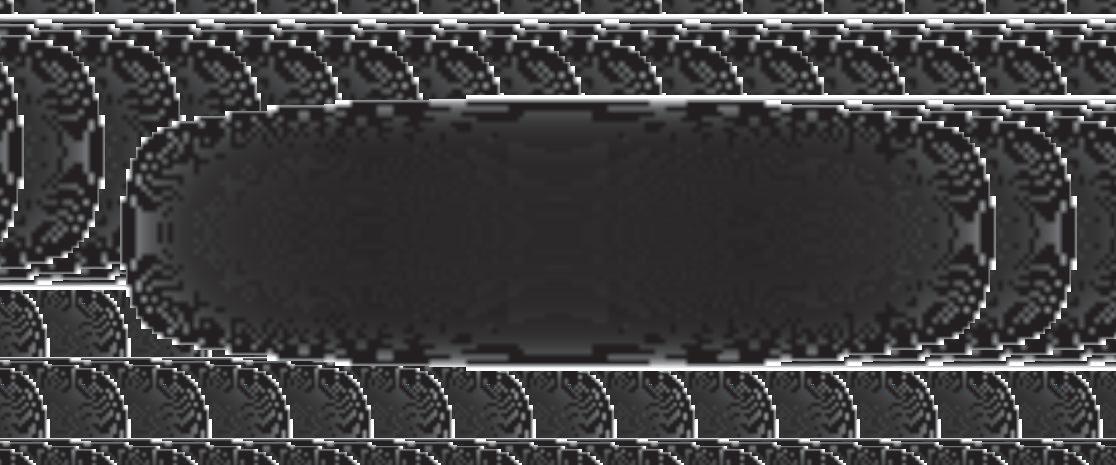

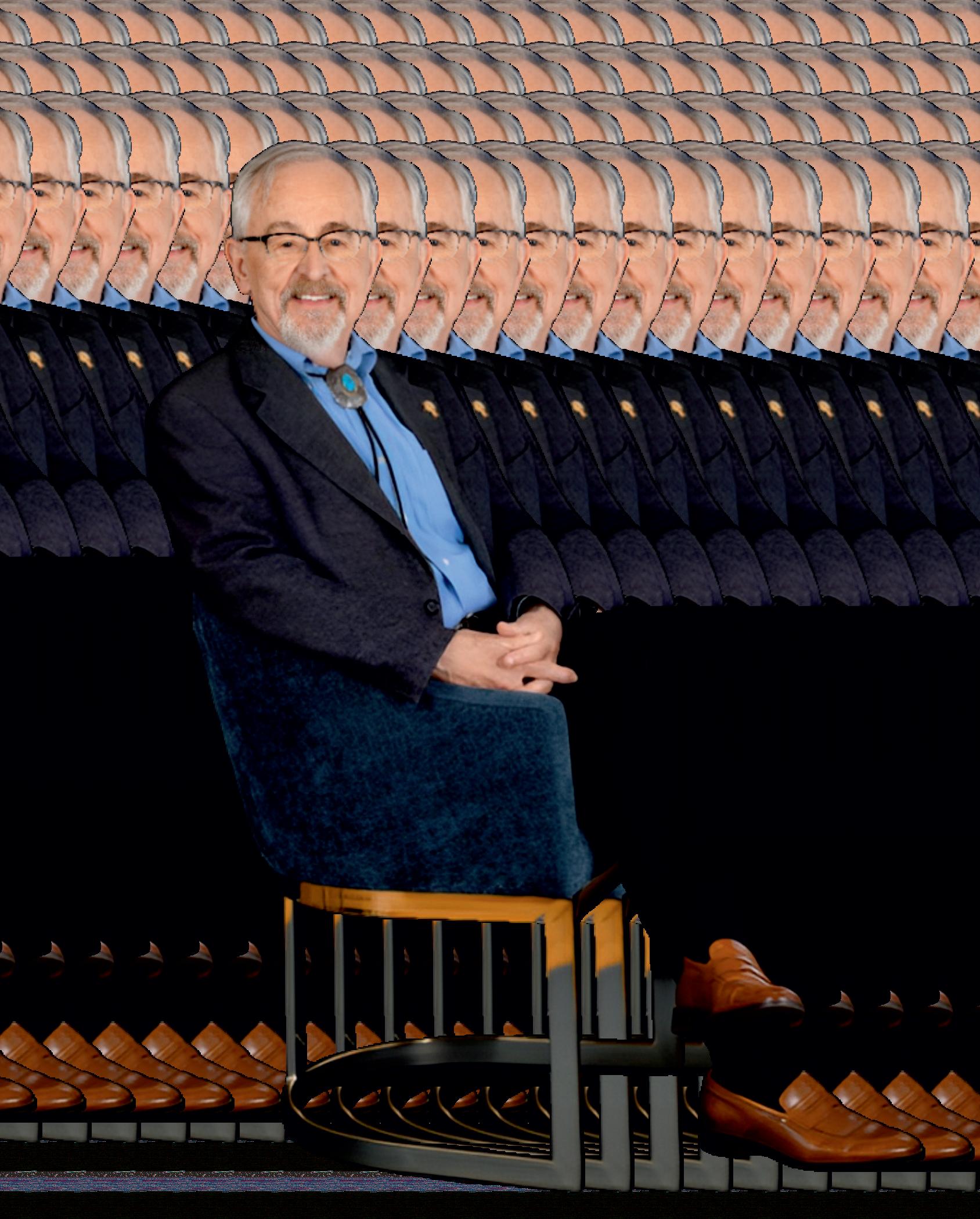

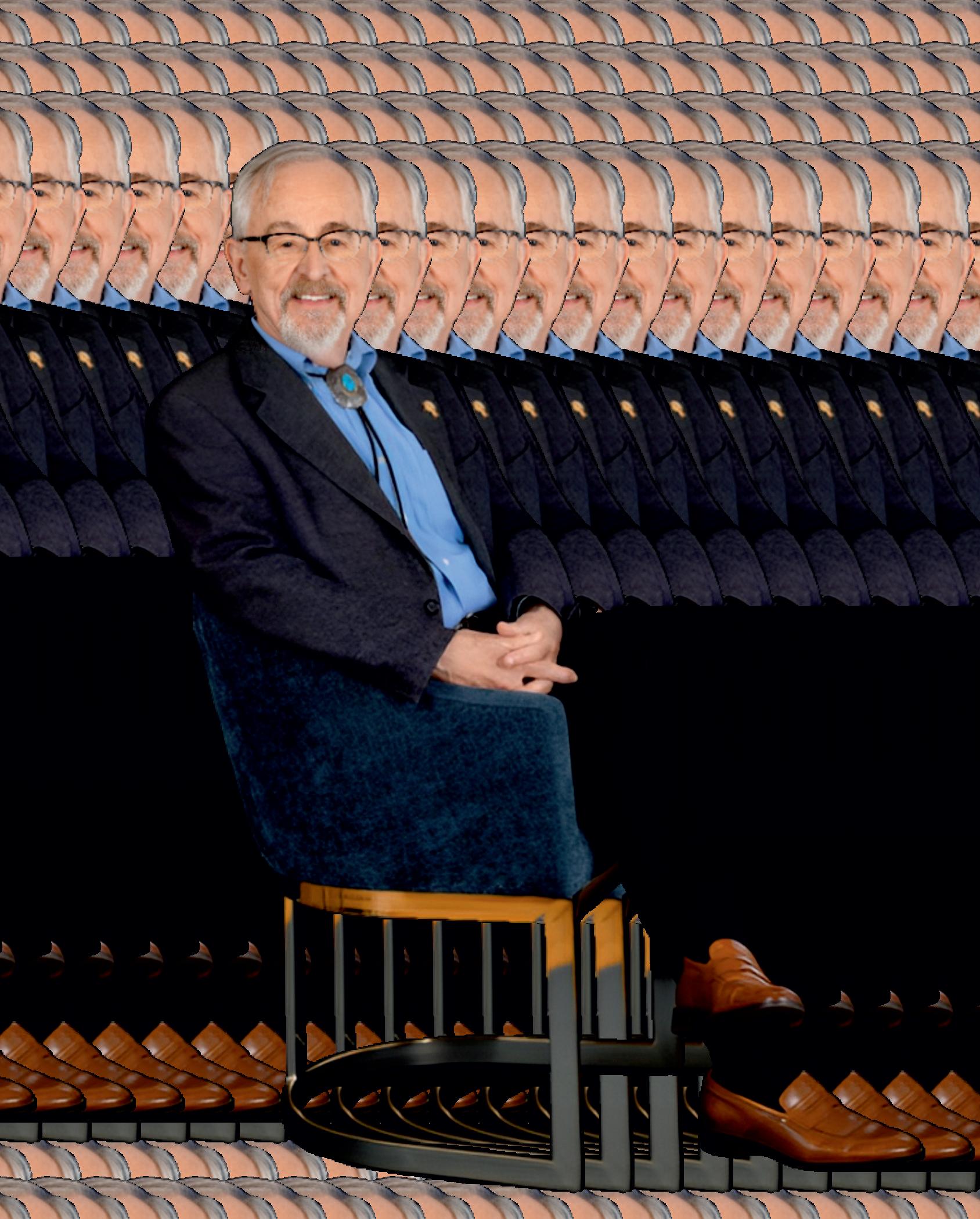

Prof. Richard Larson has been a guiding force in transforming operations research from a niche academicdisciplineintoapractical,impactfultoolfor public systems, city infrastructure, and everyday decisionmaking. Throughout his illustrious career at the Massachusetts Institute of Technology (MIT), Larson has demonstrated an unwavering commitment to merging theoretical analysis with real-world applications His extensive work in urban operations, police patrol optimization,andeducationalinnovationunderscoresadeep belief: that mathematics and modeling are powerful lenses through which society's most pressing problems can be understoodandaddressed.
Throughdecadesofresearch,teaching,andconsulting,Prof. Larson has helped shape how communities manage critical functions from law enforcement strategies to public transportationsystemsandresourceallocation.Asco-director of MIT’s Operations Research Center and the visionary behind initiativeslike MITBLOSSOMS, he exemplifiesthe modern scholar-practitioner someone who not only contributestotheacademiccorpusbutalsoactivelyimproves thesystemsthatgovernourdailylives.
RichardLarson'scontributionsextendwellbeyondacademic honorsandprestigioustitles.Hehascultivatedamethodology groundedinmodel-basedthinking,evidence-basedplanning, and field observation His story is not merely one of intellectual rigor but also one of service—channeling the analyticalsciencesforthepublicgood.
DiscoveringOperationsResearch:APersonalAwakening
Richard'sentryintotheworldofoperationsresearchwasnota product of formal planning but of organic intellectual curiosity With an early love for physics his favorite science—andalackofenthusiasmforbiology,Larsonfound himself captivated by the logical and universal nature of operationsresearch.Tohim,thisfieldfeltlikethe"physicsof everydaylife,"asitofferedastructuredapproachtoanalyzing howpeoplenavigatesystems—fromgrocerystorequeuesto urbantrafficnetworks.
Itwashisfacultyadvisor,Prof.AlvinW.DrakeatMIT,who firstintroducedhimtooperationsresearch.Aroundthistime, Larsonhadapersonalbrushwithcrime,sparkinganinterest in policing systems. Encouraged by Professors Drake and Philip M. Morse, he collaborated with the Boston Police Department, dedicating over 200 hours to ride-alongs in patrolcars.Theseexperiencesprovidedfirsthandinsightsthat fueled his doctoral thesis, eventually published as "Urban PolicePatrolAnalysis"—agroundbreakingworkthatearned
the prestigious Lanchester Prize in 1972 for the best publicationinoperationsresearch.
Prof. Larson’s academic journey was never confined to lecturehallsortheoreticalwork.Hesoughttoblendrigorous research with meaningful, real-world applications This vision materialized in the formation of Public Systems Evaluation, Inc. an off-campus, nonprofit consulting initiativethatlaterevolvedintotheENFORTHCorporation. The organization became a real-world laboratory for Larson andhisstudents,whooftenbasedtheirmaster’sthesesonthe hands-onexperiencestheygainedthroughthiswork.
These initiatives exemplified Larson’s belief that the divide betweenacademiaandapplicationisanartificialone.Instead, hechampionedamodelwherestudentsandscholarsactively engaged with the communities and institutions they studied. His work in public systems evaluation brought MIT’s intellectualcapitalintoclosealignmentwithmunicipalneeds, transformingacademicinsightintopracticalimpact.
Among Prof. Larson’s most celebrated initiatives is the creation of MIT BLOSSOMS (Blended Learning Open Source Science or Math Studies) in 2008. Aimed at democratizing access to quality education, BLOSSOMS provides free, open-source video lessons to learners around theworld.AvailableonplatformslikeYouTube,theselessons

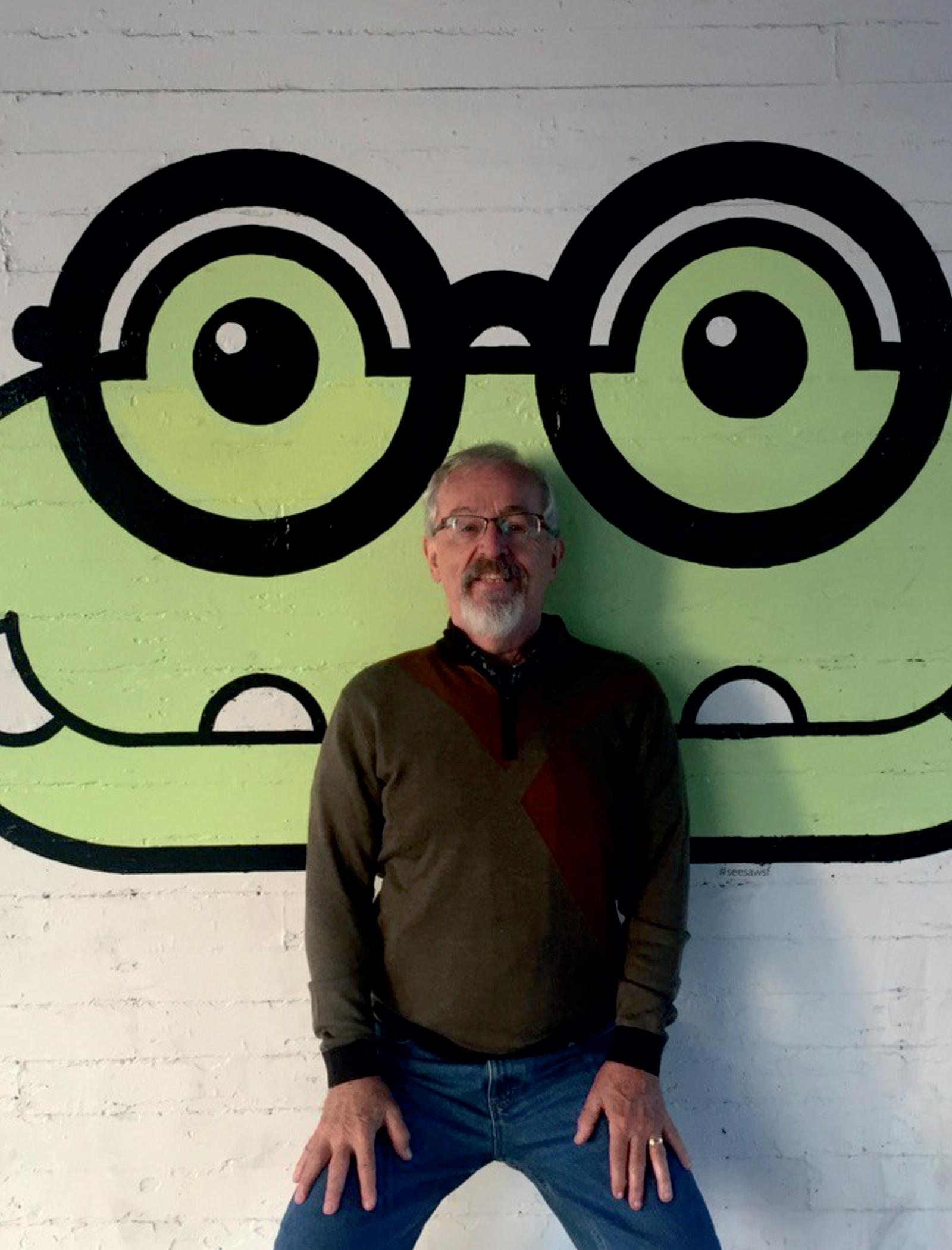



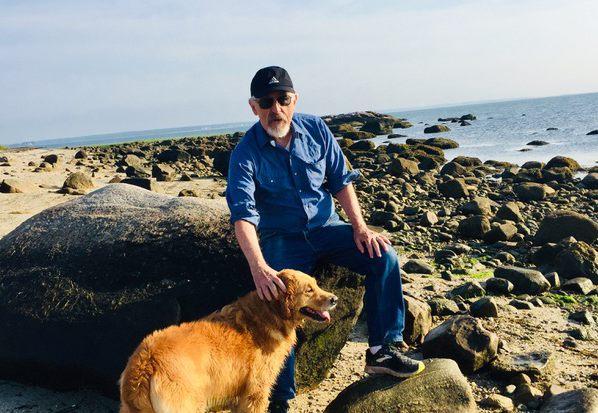




havereachedaudiencesindozensofcountries,ofteninunderresourcededucationalsettings.
Larsoncreditstheprogram’ssuccesstothededicationofthe BLOSSOMS team, whose work continues to influence the global educational landscape The project reflects his enduring commitment to knowledge dissemination and equity. At a time when digital education was still nascent, BLOSSOMSpositionedMITasaleaderinopenlearning,and Larson as a pioneer in applying technology to expand educationalreach.
Throughout his career, Prof. Larson has rejected the notion thattheoreticalworkshouldremainwithinacademicsilos.He frequently cites historical examples like A.K. Erlang’s queueing theory in telecommunications and the wartime developmentofSearchTheory—toillustratehowoperations research has always been rooted in solving practical problems.
Larson'sownworkcontinuesthistradition.Fromoptimizing urban policing strategies to improving infrastructure design, his projects begin with careful observation, evolve through rigorousmodeling,andculminateinactionableinsights.This integrated approach has ensured that his research not only advances scholarly understanding but also delivers measurablebenefitstocommunities.
Even as operations research expanded into a wide array of specialized subfields, Prof. Larson remained focused on modeling, particularly probabilistic systems. While acknowledgingthatnoindividualcanstaycurrentacrossthe entire discipline, he maintained his deep engagement with model development—finding enduring fascination in the challenge of translating real-world complexity into analyticallytractablesystems.
This dedication persisted beyond his formal retirement, underscoring his lifelong passion for learning and problemsolving. For Larson, modeling is not merely a technical exercise; it is a creative and intellectual endeavor that continuestocaptivatehisimagination.
Receiving the Lanchester Prize early in his career was a significantmilestone,affirmingthevalueofLarson’sfocuson public systems and operational efficiency But perhaps the highest professional honor came with his induction into the NationalAcademyofEngineering(NAE)—atestamenttothe profoundandlastingimpactofhiscontributions.
These accolades, while deeply meaningful, reflect a larger narrative:thatofascholarwhoconsistentlyusedhisexpertise to improve the mechanisms by which society functions. Whether through academic writing, systems consulting, or publicservice,Larson’sworkhasconsistentlybridgedthegap betweenknowledgeandaction.
In co-authoring the textbook "Urban Operations Research" with MIT’s Prof Amedeo Odoni, Larson created a foundationalresourcethatcontinuestoshapeeducationinthe field. The book’s extensive citations and multilingual translationsattesttoitsinfluence—notonlyinurbanplanning contexts but in broader operations research curricula worldwide.Insomecases,ithasevenbeenintroducedinhigh schoolprograms,expandingitsreachtoyoungeraudiences.
Larson envisions a future in which students adopt a multidisciplinary,model-basedapproachtoproblem-solving. Helikenshisownmethodologytothatofanappliedphysicist: observe phenomena, build mathematical models, test hypotheses, and refine conclusions through iteration. This scientificrigor,heargues,isessentialingeneratingsolutions thatarebotheffectiveandadaptable.



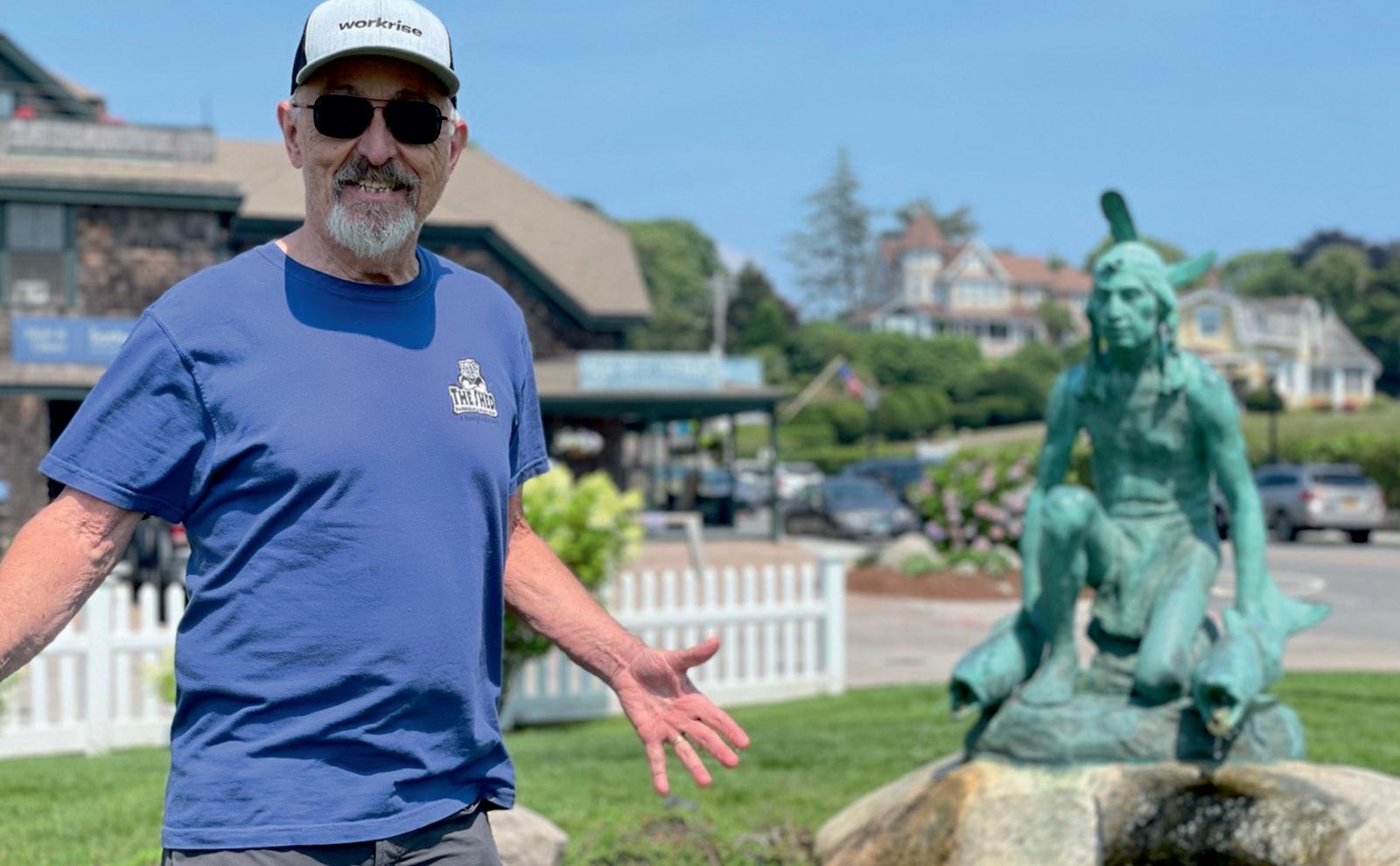
OneofLarson’scentralpiecesofadvicetofutureresearchers andleadersistoengagedirectlywiththesystemstheyintend to analyze. Real-world exposure, he contends, is indispensable.Observingoperationson-site,conversingwith key personnel, and immersing oneself in the environment enablesalevelofunderstandingthatpureabstractioncannot provide.
ThisphilosophyinformedhisleadershipatENFORTHCorp. and his mentoring at MIT He consistently encouraged his studentstomovebeyondtheoreticalmodelsandembracethe messinessofreal-worldsystems.Onlythen,hebelieves,can operationsresearchfulfillitstruepotential—tomakesociety smarter,moreefficient,andmorehumane.
Nowinretirement,Prof.Larsonisfarfromslowingdown.His focushasshiftedtowardbringingthebenefitsofmodel-based thinking to a wider audience. His latest book, “MODEL THINKING For Everyday Life: How to Make Smarter Decisions,” published in 2023 by INFORMS, offers structured tools for decision-making across various life domains.

Larson’s outreach includes media engagements and even a digitalbillboardfeatureinTimesSquare,courtesyofMarquis Who’s Who. These efforts aim to highlight the everyday relevance of analytical thinking—not just in engineering or public policy, but in daily choices, career planning, and problem-solving.
Inpromotingmodel-basedthinkingbeyondacademia,Larson reaffirms a central tenet of his life’s work: that structured, analytical reasoning is not reserved for scholars or engineers—it is a universally applicable tool for navigating anincreasinglycomplexworld.
Prof.Richard’scareerstandsasablueprintforwhatitmeans to lead with both intellect and impact. From urban patrol routestoglobalclassrooms,hisworkembodiestherareunion ofdeepacademicinsightandtangiblesocietalbenefit.Hehas not only shaped the field of operations research but has also redefinedhowitcanservethepublic.
As the world faces increasingly complex logistical, social, and environmental challenges, the need for thinkers like RichardLarson—thosewhocanmodel,teach,andlead—has never been more urgent. His legacy is a powerful reminder that when theory meets application, innovation thrives, and societyprospers.


ArtificialIntelligence(AI)isnownolongersomething of the future that exists in research facilities or science fiction. It exists—driving our smartphones, revolutionizing healthcare, remaking manufacturing, changing business, and impacting virtually every aspect of society As AI progresses, it will not only topple current systems but also create unprecedented levels of opportunity forinnovation.
Tosucceedinthisincreasinglychangingenvironment,future leadersandinnovatorswillnotonlyneedtobefamiliarwith technology,buttheywillneedtoknow,mold,andresponsibly useAIitself.Itisbecauseofthisreasonthattheincorporation ofAIeducationintolearningsystemsisnolongerachoicebut anecessityinordertopreparefuturegenerationstoleadwith awareness,responsiveness,andaccountability
BuildingFoundationalLiteracyinaDigitalWorld
Asliteracyandnumeracyhavebeenthebedrockofeducation forcenturies,sotooisAIliteracybecominganewanchorof 21st-century education. It's not simply a matter of coding or technical knowledge;AI learning familiarizes students with fundamental concepts like machine learning, data ethics, algorithmicbias,andhuman-machinecollaboration.
Fromelementaryclassroomstocollegelecturehalls,teaching AIinage-levelledwayspromotescriticalthinkinganddigital literacy It de-mystifies the technology behind everyday tools—recommendation algorithms, voice assistants, smart devices—and encourages students to progress from passive consumerstoengagedexplorersandcreators.
TheobjectiveisnottoturntheworldintoAIengineers,butto makeeverystudentabletoposetherightquestions,assessthe influence of AI, and learn how to collaborate with smart systems.
AI is not a technological instrument; it's an innovation catalyst. From forecasting climate trends to streamlining urban development or tailoring medicine, AI is unlocking completelynewdomainsofproblem-solving.
By integratingAI learning at an early stage, institutions and schoolsequipstudentstoviewtechnologyasanopportunity ratherthanalimitation.Astudentwhoknowsneuralnetworks maycreateanAIsystemtoidentifycropdisease.Auniversity group, having learned about data ethics, may develop a chatbotthatassistsmentalwellbeingwithculturalawareness. The trick is to equip the learners with the skills, tools, and confidencetoinnovateforgood.
In this manner, AI education empowers not only employability but entrepreneurial and innovative minds to movesocietyforward.
TheWorld Economic Forum reports thatAI and automation will replace millions of jobs—but they will create many millionsmore,alargenumberofwhichdonotexistyet.Jobs suchasAIethicist,datatranslator,andalgorithmauditorwere barelyontheimaginationradaradecadeago,butarenowon theriseindemand.
It empowers students so they are not left behind during this transition.Itequipsthemtotakeonjobsinsectorsasvariedas financeandeducation,agricultureandthearts,whereAIwill beenhancinghumancapabilities.Mostimportantly,itinstilsa lifelonglearningandflexibilitymind-setthatwillbeessential inafuturecharacterisedbyongoingtechnologicalchange.
ThosenationsandinstitutionsthatfundeducationinAItoday willdefineworkforcesthatareresilient,relevant,andreadyto leadtomorrow.
AI, responsibly applied, has the potential to reduce inequality—throughtailoredlearning,intelligentdiagnostics, and inclusive design. Without intentional effort to address equity,though,itcanreinforceandmultiplybiasesandcreate newtypesofexclusion.
That's why education in AI should be widely accessible, inclusive, and infused with ethical frameworks. It should represent diverse views and emphasize gender, racial, and geographicdiversityincurriculumdevelopmentanddelivery.
WhenstudentsfrommarginalizedpopulationsaretaughtAI, they are enabled to create solutions that speak to their own lived experiences not merely inherit solutions created elsewhere In doing so, AI education is not merely an innovation tool, but a bridge to social justice and digital equality.
TheEthicalImperative:EducatingAIwithIntegrity
TheauthorityofAIrequiresintelligenceinitsutilization.As algorithmsincreasinglyshapethechoicesinhiring,policing, healthcare,andgovernance,futureleadersmustcontendwith deepquestionsofethics:WhocontrolsAI'sactions?Howcan weassuretransparencyandequity?Whatvaluesdoweembed inoursystems?
AIlearningshouldthenextendfromtechnicalproficiencyto philosophy,civics,andethics.Studentsneedtobeprovoked to ask questions, argue, and critically examine the social implicationsofAI.Theyneedtobeinstructednotonlyinhow AI functions, but in how to make it function for the greater good.
Thismarriageoftechnologicalacumenandmoralawareness is what will distinguish mere consumers from innovative custodians.
Thefuturewillbemadebyhumans,notAI,butratherbythose humans who create, lead, and implement it. That is why educationinAIissoimportant—iteducatesthenextwaveof thinkers,builders,andleaderswhowillshapethewaythatAI comesintoourlives,economies,andvalues.
To teach AI is to teach for agency It is to make sure our students don't only conform to a future with smart machines—butassistinbuildingafuturewherehumansareat theheartofintelligence.
For policymakers, teachers, and entrepreneurs alike, the message is unambiguous: investing in AI education today means investing in a more innovative, ethical, and inclusive future. CIO
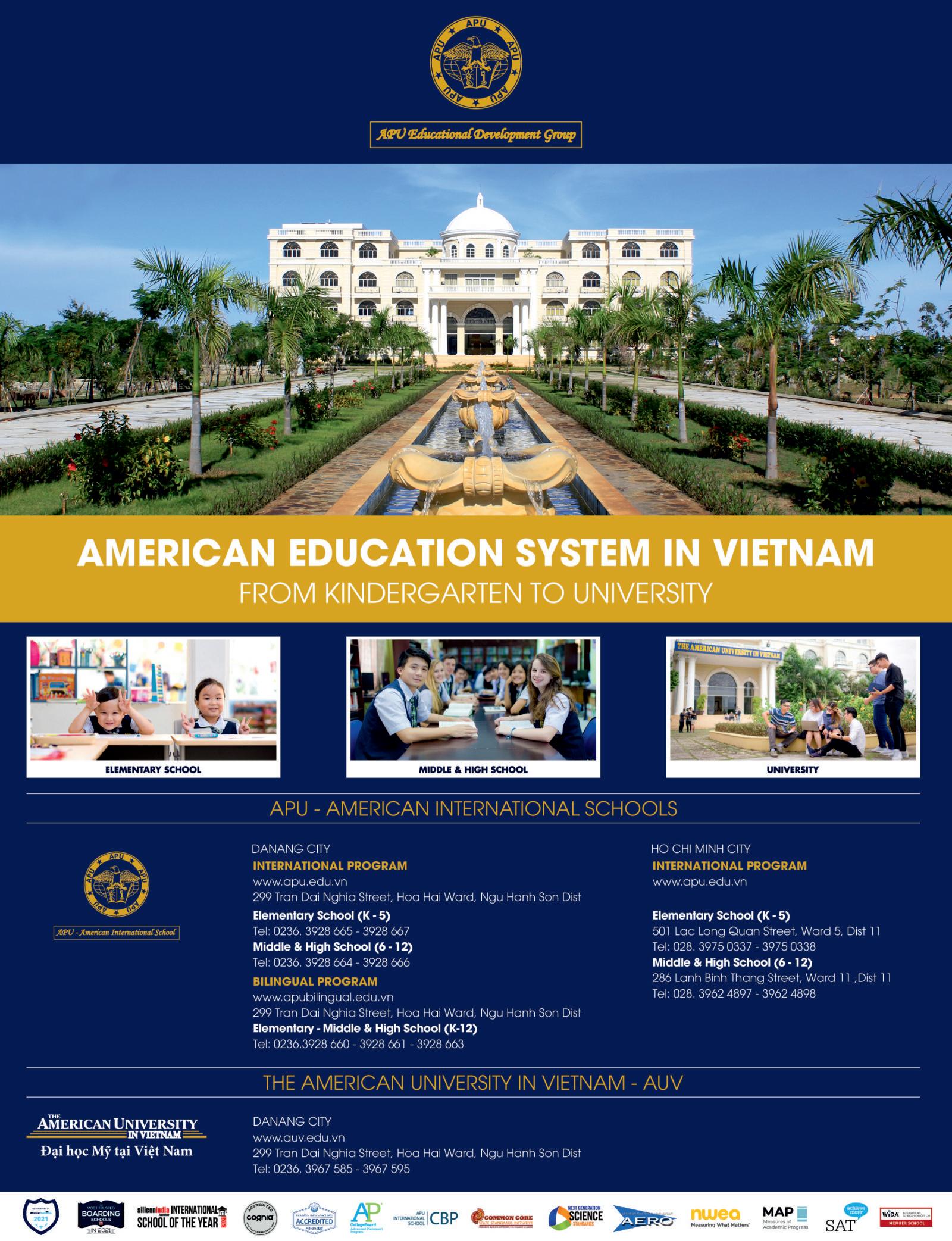


Theworldismovingtowardarevolutionaryage—one
thatnotonlyisimprovingthewayweworkandlive butistransformingwhatitmeanstobehumaninthe era of machines. From self-driving cars and preventative medicine to smart tutoring systems and creative algorithms, AIalreadyistransformingthefabricofglobalsociety Buttoo many education systems remain rooted in relic models that educatefortheindustrialage,nottheintelligentageunderway today
To fulfill the promise of education's next chapter, we must rethink education with a sense of urgency. At its core is a fundamental question: Are we educating students with the attitude,theskills,andthemoralcompasstheyneedtothrive inanageofAI?Theresponsemustbeginwiththecurriculum.
BeyondProgramming:AIasaFundamentalCompetency
Artificial intelligence education is most frequently misunderstoodasadvancedcomputerscienceorsomethingto belefttoengineersanddatascientists.Notanymore.AIisno longer advanced—it's fundamental. Like reading, writing, and math, understanding the fundamentals of AI—how it works, how it is used, and how it impacts society—must be includedinmainlineeducation.
This is not to suggest that all students need to be knowledgeable about neural networks or algorithmic modeling. It is instead to create a curriculum that fostersAI literacy: the ability to understandAI systems, question their output,andusethemcriticallyandresponsibly.
AI literacy allows students to be engaged users, responsible creators, and innovative thinkers instead of mere consumers—ofintelligenttechnology.
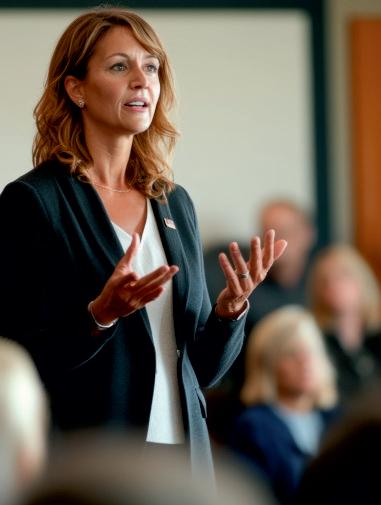
Thefutureproblemsolvers,entrepreneurs,andchangemakers are today's students. Exposure to AI concepts early in life makes difficult systems accessible and frees up creative energy. Machine learning is applied to cleaning up climate data, creating mental health chatbots, or creating more equitable hiring algorithms, and AI is made a means for solvingeverydayproblems.
OncetheyunderstandthepotentialofAI,theynolongerview it as a theoretical idea but use it to solve global and local issues This is the transition from learning to innovation—thateducationtodaymustenable.
In addition, AI is increasingly being used as a model for learning itself adaptive learning programs, real-time grading tools, and personalized education experiences are alreadyrevolutionizingclassrooms.Whenstudentsaretaught abouthowthesesystemswork,theyarenotonlyreceiversof innovation,butarealsoco-authorsininstructionredesign.
The global economy is undergoing seismic changes. According to the World Economic Forum, employment that requiresAI skills and digital literacy are on the rise at a fast pace across all industries Healthcare, manufacturing, agriculture,logistics,andeducationitselfarebeingreshaped withautomation,machinelearning,andintelligentsystems.
Topreparethestudentsforthisscenario,curriculashouldbe designedinawaythatknowledgeofAIisembeddedintoall the disciplines, and not limited to computer science universities.AI has ethics, economics, law, design, arts, and numerous other areas which are associated with it. An AIliterate curriculum incorporates AI literacy in all these disciplinesinawaysuchthatthestudentsrealizeitasatool andanenvironmentfortheirprofession.
In doing so, we build adaptive, nimble minds—people who arenotjustcareer-readybutchange-ready
ACalltoAction:ReinventingtheCurriculum
Reinventing the AI generation's curriculum requires visionary leadership by educationists, policymakers, and curriculumdevelopers.Itrequires:
Cross-disciplinaryintegrationofAIprinciplesinprograms
• Hands-onexperiencethroughproject-basedlearningto bridge the loop between AI theory and practice in the realworld
• Trainingteacherswithtoolsandtrainingbecause,most likely,theyalsolearnsimultaneouslywiththestudents
• Industryandacademicpartnershipsthatmakeeducation current with what is actually happening in the outside world
Thisisnotasolutionforeverything.AIlearningneedstobe scalable, inclusive, and responsive to various age groups, styles of learning, and cultures. It needs to be world-and values-orientedsoallpeoplecanaccessanAIworld.
AIisnotatool,butafilteronwhichwewilllookandsculptthe future.Theyarethefuturesmartsystemdesignerswhoarein classroomstoday Whatevertheywilldolaterintheirlife—to become engineers, artists, scientists, or policymakers—they will make decisions that will decide how AI will impact humankind.
ByincorporatingAIintothecurriculum—notasatrend,but asaforce—ofchange,weequipthesestudentsnotjusttomeet thefuture,buttocreateit.
ForintheeraofAI,innovationbeginswitheducation.Andthe curriculum we design today will define the sort of world we buildtomorrow

